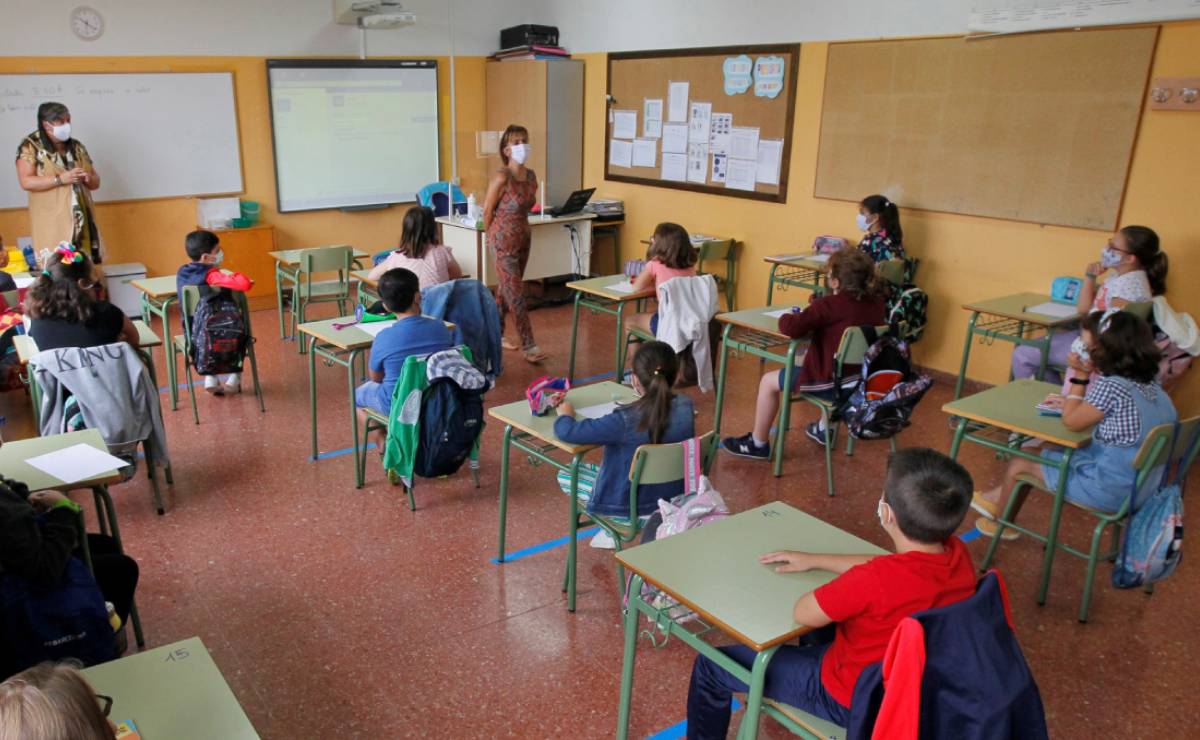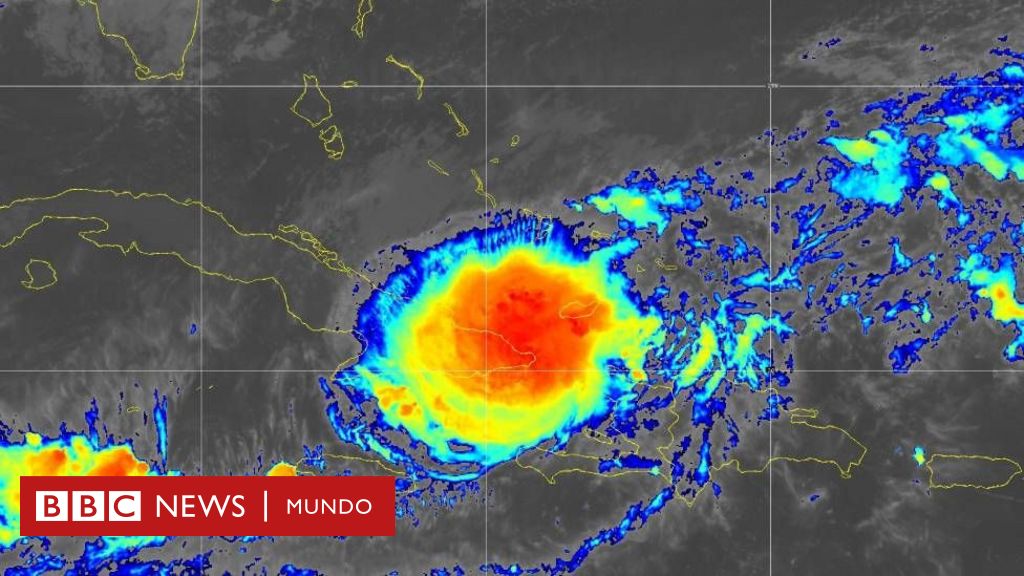Teachers are prohibited from using inclusive language during the classroom

Autonomous City Government Buenos Aires, Argentina, ban the use of inclusive language As a “other measure” in the face of the low results obtained by students of Buenos Aires in the language conducted by the CABA after the pandemic.
In Publication No. 4/2022, the Ministry of Education of Buenos Aires, headed by Soledad Acuña, instructed teachers to carry out educational activities and carry out institutional communications “in accordance with the rules of the Spanish language, its grammatical standards and official guidelines for education.”
He explained that this procedure “applies only to the contents dictated by teachers in the classroom, to materials given to students and official documents of educational institutions.”
The rationale for prohibiting the use of “e”, “x” and “@” The CABA government, headed by Horacio Rodríguez Laretta, asserts that the results obtained by students in assessments made after the pandemic in language are “not good” and that “our reading comprehension has relapsed nearly 4 years”.
Read also: “In North Korea, There Are Three Social Classes and I Was A Privileged”: Revealing the Incredible Visions and Journey of a High-ranking Official in the Country
It will take effect on Friday.
Sources from the Buenos Aires government told LA NACION that the decision will go into effect on Friday, June 10, once it is published in the Official Gazette. However, schools will have time to adjust the way teachers speak. “The decision is not surprising because it was discussed with the entire education system,” they said.
The portfolio headed by Soledad Acuña reports that the measure aims to require the use of the language in city schools to facilitate the learning process for students after the unfavorable results of the Fepba and Tesba educational assessment presented last week.
What is your justification for banning inclusive language?
The statement in scale is based on the position of the Argentine Academy of Letters and the Royal Spanish Academy. The first, the resolution reads, “recommends that language instruction be maintained at all educational and practical levels if we want our students to write with some fluency, health and, above all, an understanding of what they read and write.” I add that the Royal Spanish Academy has emphasized that “the use of the two letters ‘e’” The “x” as purported signs of universal gender is alien to Spanish morphology.”
In Mexico, the issue of cross-language spread widely after an argument with a student
Andhra Milathe non-binary person who sparked a controversy over the inclusive language on social media after a video asking students in his class to call him “Comrade,” gave details of the incident on Tiktok.
In three videos, she indicated that she asked, via e-mail to her teachers, to address her with the pronoun “el”.
On the recordings, he says, “I usually mail my professors at the beginning of the semester, and the gender office does that too. Unfortunately, professors don’t always comply with a request to talk to me about it.”
On August 25, 2021, the young woman explodes in the middle of class when one of her classmates calls her “Rate” instead of “Rate” because she identifies as a non-binary person.
Subscribe here To receive directly in your email our newsletters about today’s news, opinion, weekend plans, Qatar 2022 and many other options
cls

“Bacon advocate. Certified creator. Twitteraholic. Tv junkie. Beer fanatic. Internet nerd. Passionate thinker. Reader.”






